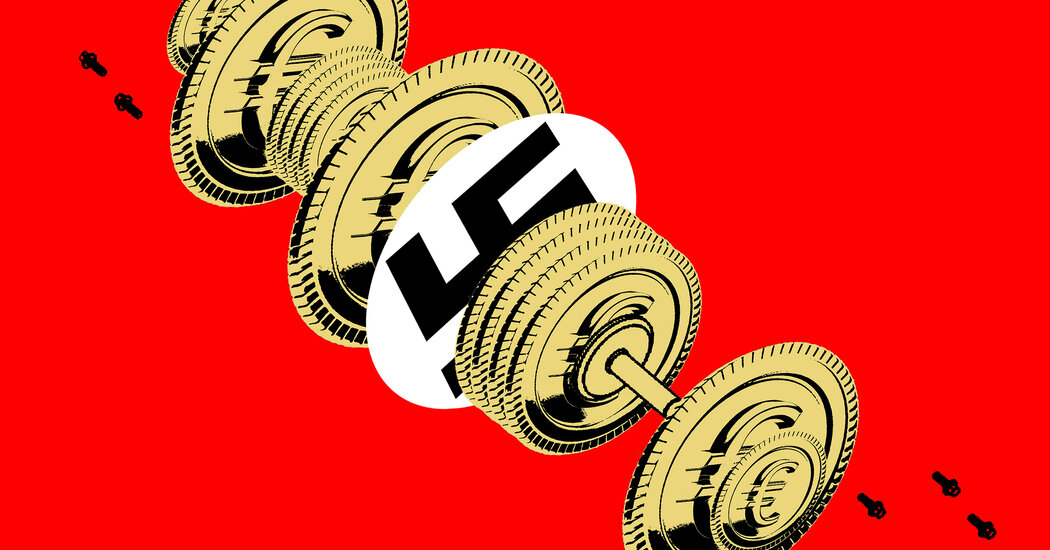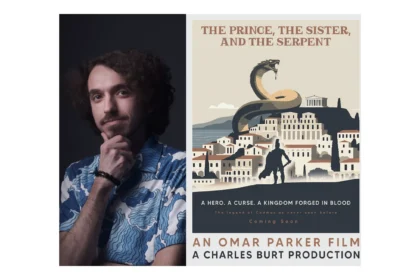
In 2016, BMW’s charitable arm was consolidated under the name BMW Foundation Herbert Quandt. It is now a major global charity, with about $150 million in assets, supporting sustainability goals and impact investing. Stefan Quandt and Ms. Klatten are among its founding donors. If the foundation’s website is to be believed, Herbert Quandt’s entire biography consists of one act: He “secured the independence” of BMW. The charity’s motto is to promote “responsible leadership” and inspire “leaders worldwide to work towards a more peaceful, just and sustainable future.”
BMW and its controlling shareholders, Mr. Quandt and Ms. Klatten, aren’t unique in their revisionism. In 2019 the Ferry Porsche Foundation announced that it would endow Germany’s first professorship of corporate history at the University of Stuttgart. The Porsche company established the foundation in 2018, 70 years after Ferry Porsche designed his first sports car. “Dealing with one’s own history is a full-time commitment,” the charity’s chairman wrote in a statement. “It is precisely this critical reflection that the Ferry Porsche Foundation wants to encourage, because: to know where you’re going, you have to know where you’ve come from.”
He could have started closer to home. The foundation is named after a man who voluntarily applied to the SS in 1938, was admitted as an officer in 1941 and lied about this for the rest of his life. During most of the war, Mr. Porsche was busy leading the Porsche company in Stuttgart, which exploited hundreds of coerced workers. As Porsche’s chief executive in the postwar decades, he surrounded himself with former high-ranking SS officers.
In his 1976 autobiography, Mr. Porsche gave a twisted historical account, full of antisemitic statements, about Porsche’s Jewish co-founder, Adolf Rosenberger. He even accused Mr. Rosenberger of extortion after he was forced to flee Nazi Germany. The truth was that in 1935, Ferry Porsche received Mr. Rosenberger’s company shares after his father, Ferdinand Porsche, and brother-in-law, Anton Piëch, bought the co-founder out of the company, paying far below market value for his shares.
Today Porsche doesn’t just sponsor professorships or make sports cars. Together with their cousins the Piëchs, the Porsches control the Volkswagen Group, which includes Audi, Bentley, Lamborghini, Seat, Skoda and Volkswagen. The combined net worth of the Porsche-Piëch clan is estimated at around $20 billion. They are now preparing to spin Porsche off from the Volkswagen Group and list the sports car company in what is shaping up to be one of the largest initial public offerings of 2022.
The Porsches have never publicly addressed the activities of their patriarchs during the Third Reich. And it wasn’t only Ferry Porsche who was implicated: Ferdinand Porsche, who designed the Volkswagen, during the war ran the Volkswagen factory with Mr. Piëch. There, tens of thousands of people were used as forced and slave laborers to mass-produce weapons.
The Ferry Porsche Foundation endowed the professorship at the University of Stuttgart because members of its history department published a company-funded study in 2017 about the Porsche company’s origins in the Nazi era. But the study seemed to leave a lot out: Somehow none of Mr. Rosenberger’s personal papers were included in the research. The study also mischaracterized the nature of Mr. Rosenberger’s share sale. The more I looked at the study, the more it began to look more like a partial whitewash than a full accounting.




